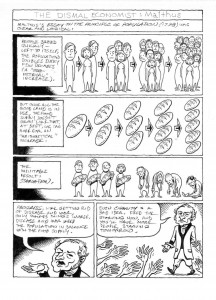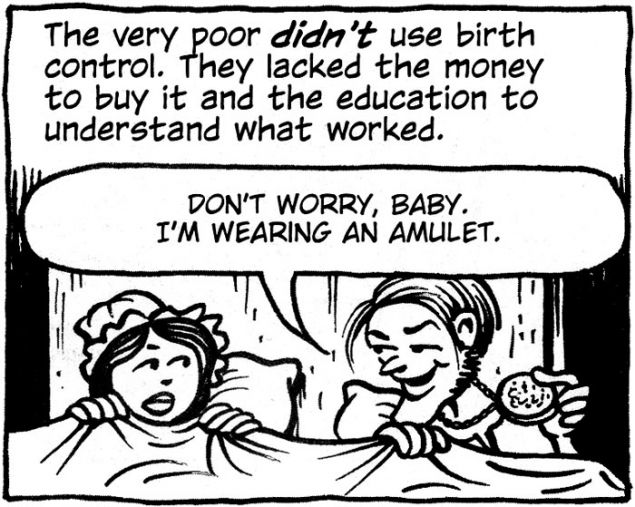

The records are written mainly in English or French and cover the period from September 1988 to October 1989.
#The economix archive
The records of the Committee for the Study of Economic and Monetary Union (Delors Committee) are a paper-based collection stored in 15 archive boxes. Among other proposals, the report suggested three stages for achieving Economic and Monetary Union and helped the monetary and economic unification process to develop. The Delors Committee fulfilled its mandate by launching a report in April 1989 on “Economic and Monetary Union in the European Community”. Among them was Alexandre Lamfalussy, then General Manager of the Bank for International Settlements in Basel and later the first President of the European Monetary Institute.

It consisted of the Governors of the European Economic Community Member States’ central banks and some other members. The Committee was chaired by Jacques Delors, the President of the European Commission at the time. Its establishment followed a European Council mandate to examine and propose concrete stages leading to European Economic and Monetary Union. ■įor more expert analysis of the biggest stories in economics, finance and markets, sign up to Money Talks, our weekly subscriber-only newsletter.The Committee for the Study of Economic and Monetary Union, better known as the Delors Committee, was set up in June 1988. Do not be surprised if the world economy’s unusual resilience continues. Meanwhile, supply-chain bottlenecks have mostly eased and energy prices have fallen. Economists expect the world’s second-largest economy to grow by over 7% year on year in the second quarter of the year. But there are forces working in the other direction, too. Rising interest rates will continue to impede growth until central bankers judge their work done. Lenders will take time to rebuild balance-sheets.

True, another rotten bank could cause a downward spiral. This could cut global growth yet further, from 2.5% to something more like 2%.Īlthough the recent banking turmoil is hardly good news, it is unlikely to push the world economy over the edge. The turmoil may have hurt American banks more, but the euro-zone economy is more dependent on bank lending. The hit to lending implies a growth drag of 0.4 percentage points in both America and the euro area, according to Goldman Sachs. Indeed, many already appear to be tightening standards. Banks may also cut lending if they see deposit outflows, or need to raise capital because investors doubt their safety. Research suggests falling share prices tend to hit loan growth. Since the start of March global banks’ share prices have tumbled by more than 10%. Or perhaps people think governments will step in to protect them.ĭamage to banks will prove more consequential.

Perhaps after pestilence and war, ructions in the banking industry seem more manageable. It is hard to say why people are so blasé. Google searches for terms related to “banking crisis” jumped in early March, but have also fallen again. German business sentiment improved in March. An “uncertainty index” derived from analysis of newspapers by Nick Bloom of Stanford University and colleagues rose a little when the turmoil began, but is drifting back down. A survey by Ipsos, a pollster, found that from early to mid March American consumer confidence grew a bit, even as startups in Silicon Valley worried their cash would vanish. Yet unless the turmoil continues, the impact is unlikely to be that significant-because bank collapses have made surprisingly little impression. If such a hit were to materialise, global growth would fall from 3% to 2.5%. imf research published in 2013 finds that leaps in uncertainty-caused by things like America’s invasion of Iraq and bank collapses-can trim annual gdp growth by 0.5 percentage points, largely because firms delay investment. Fortunately, there is reason to think recent turmoil will have less impact than many fear. Financial institutions, fearing losses, may pull back on lending, depriving firms of capital. If people fear a banking crisis and the accompanying economic pain, they may cut consumption and investment. As the JPMorgan analysts noted, economists have two worries.


 0 kommentar(er)
0 kommentar(er)
